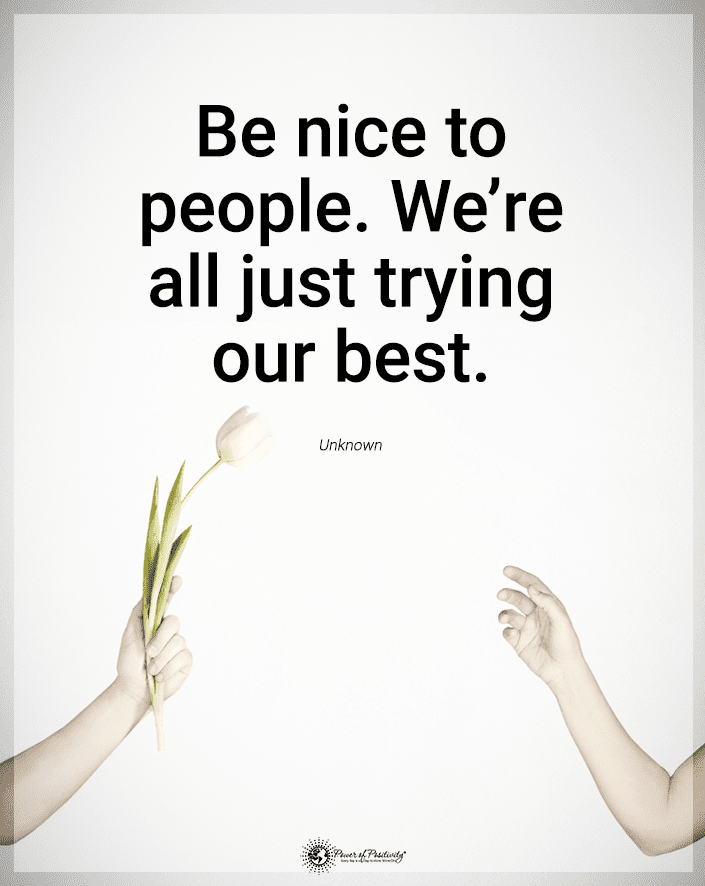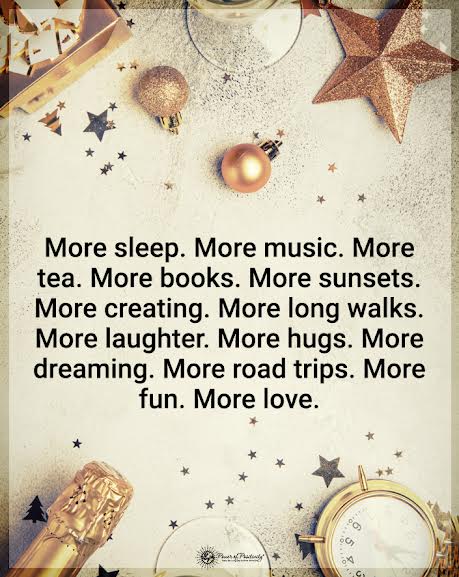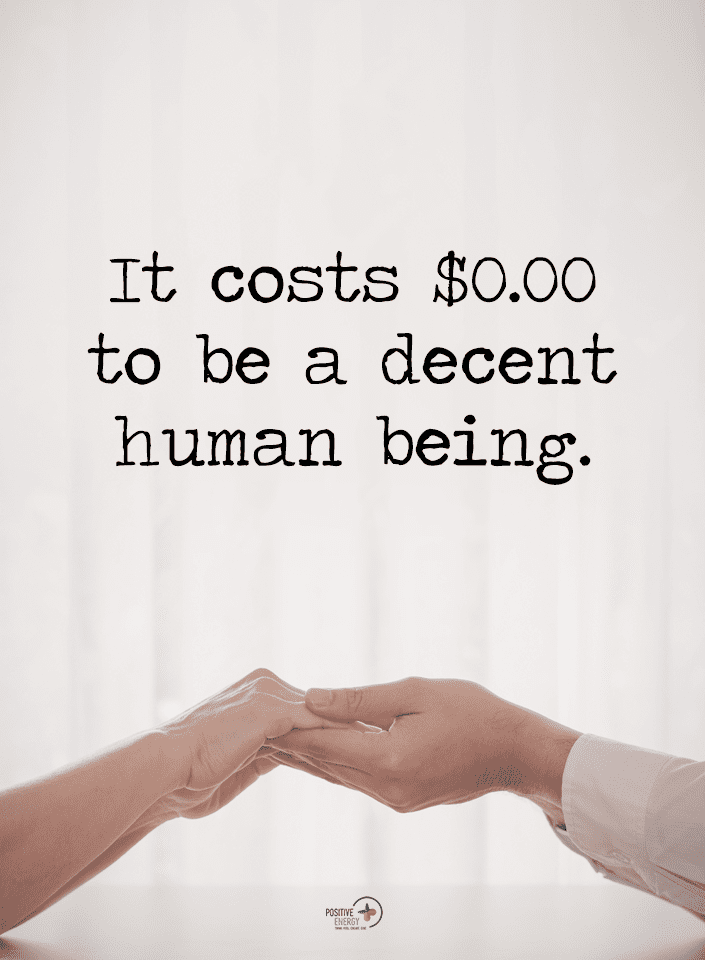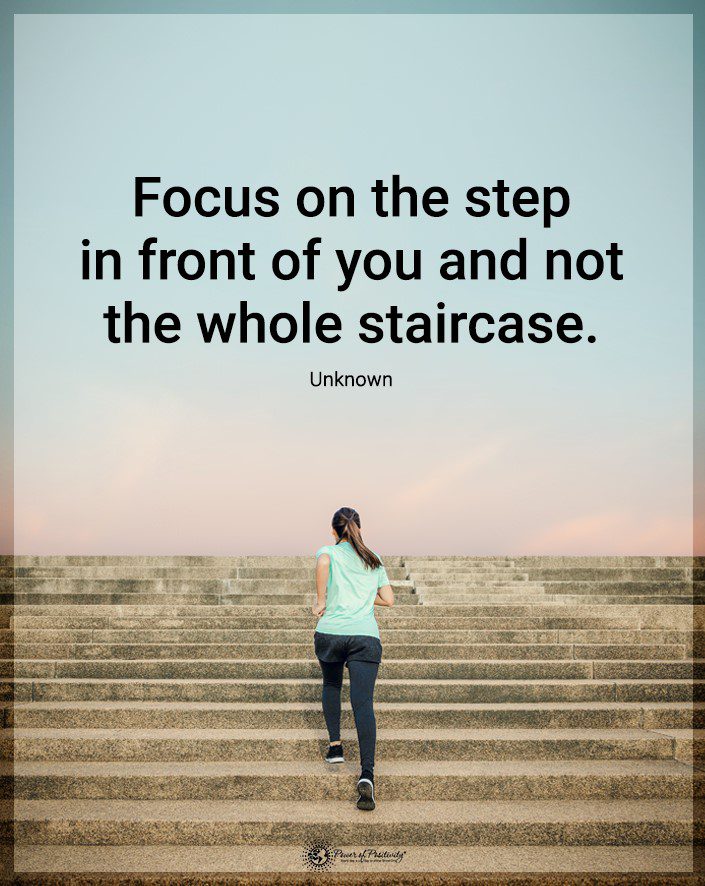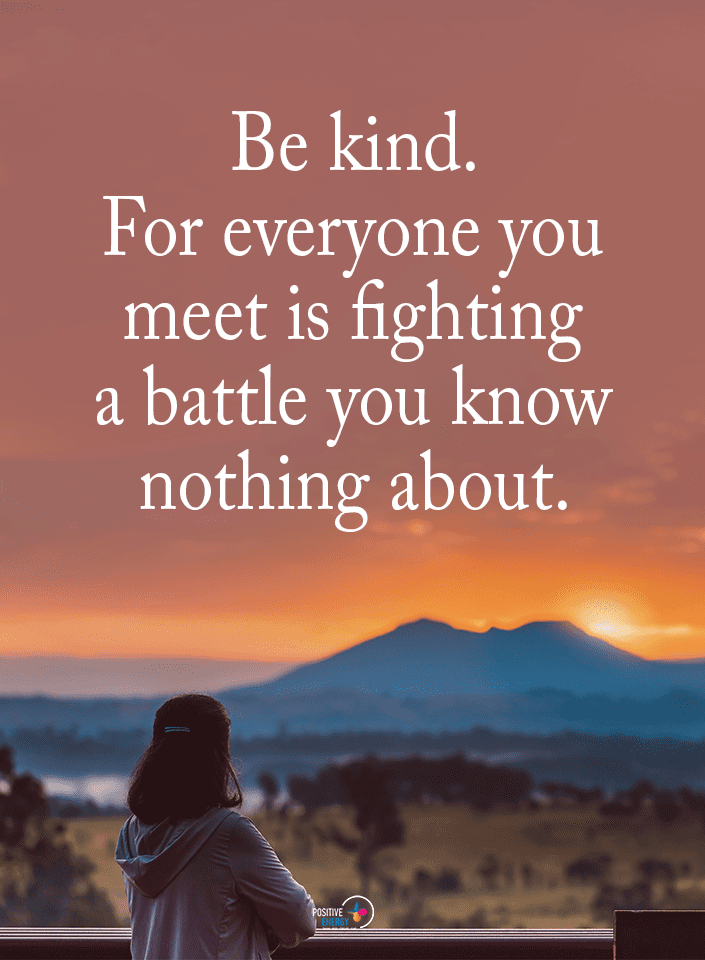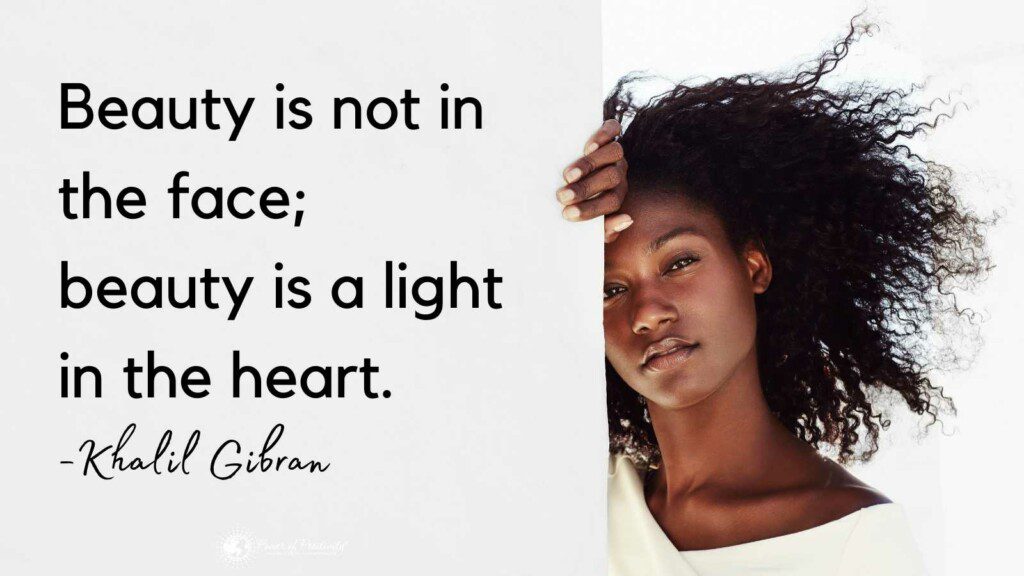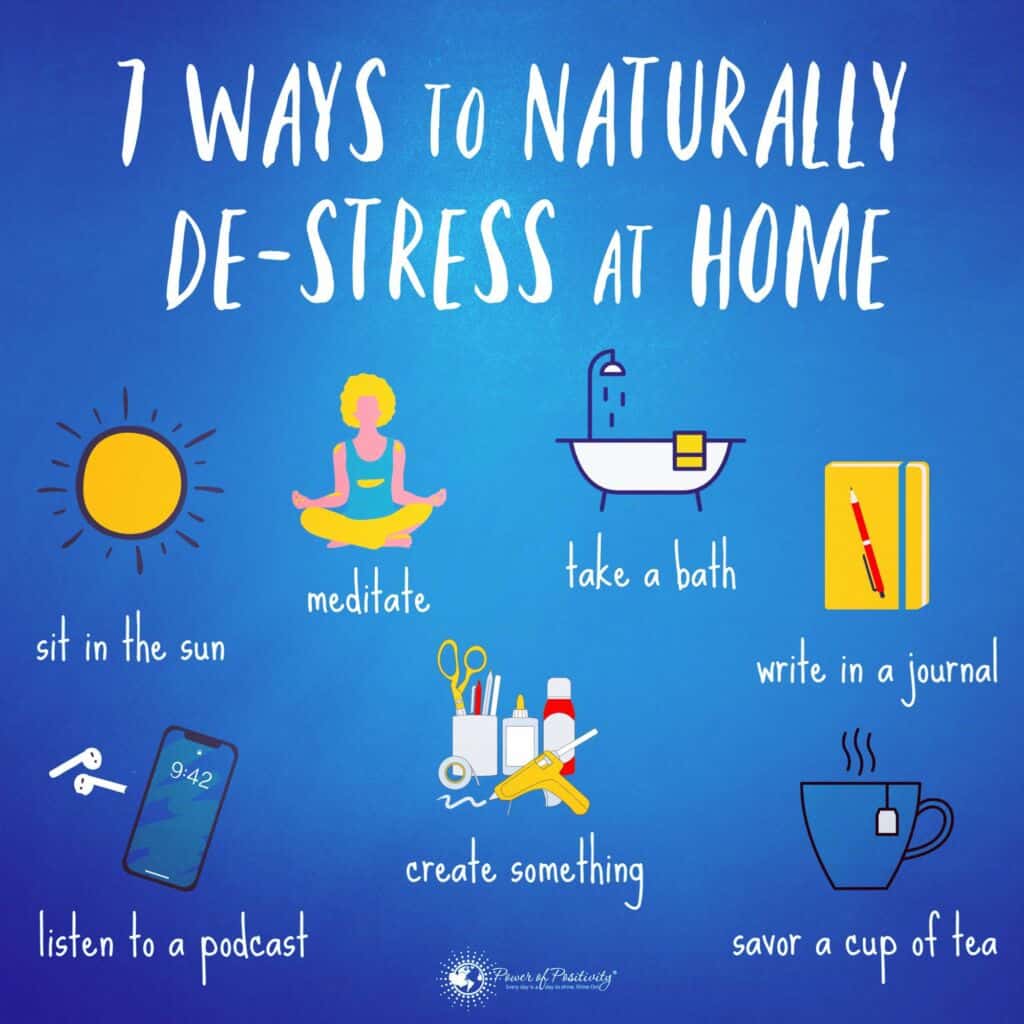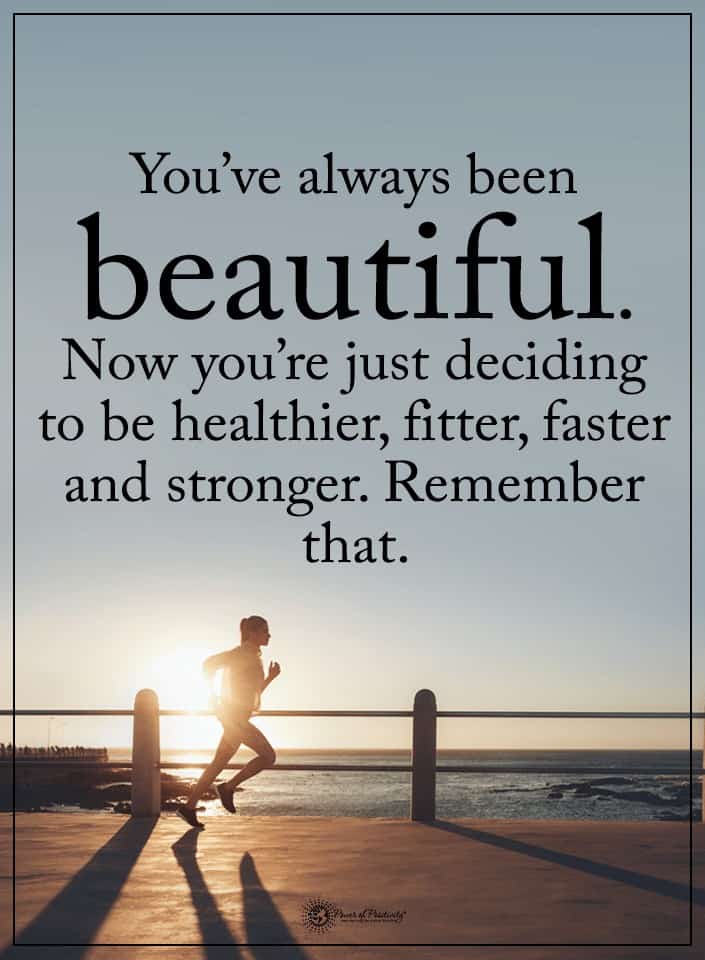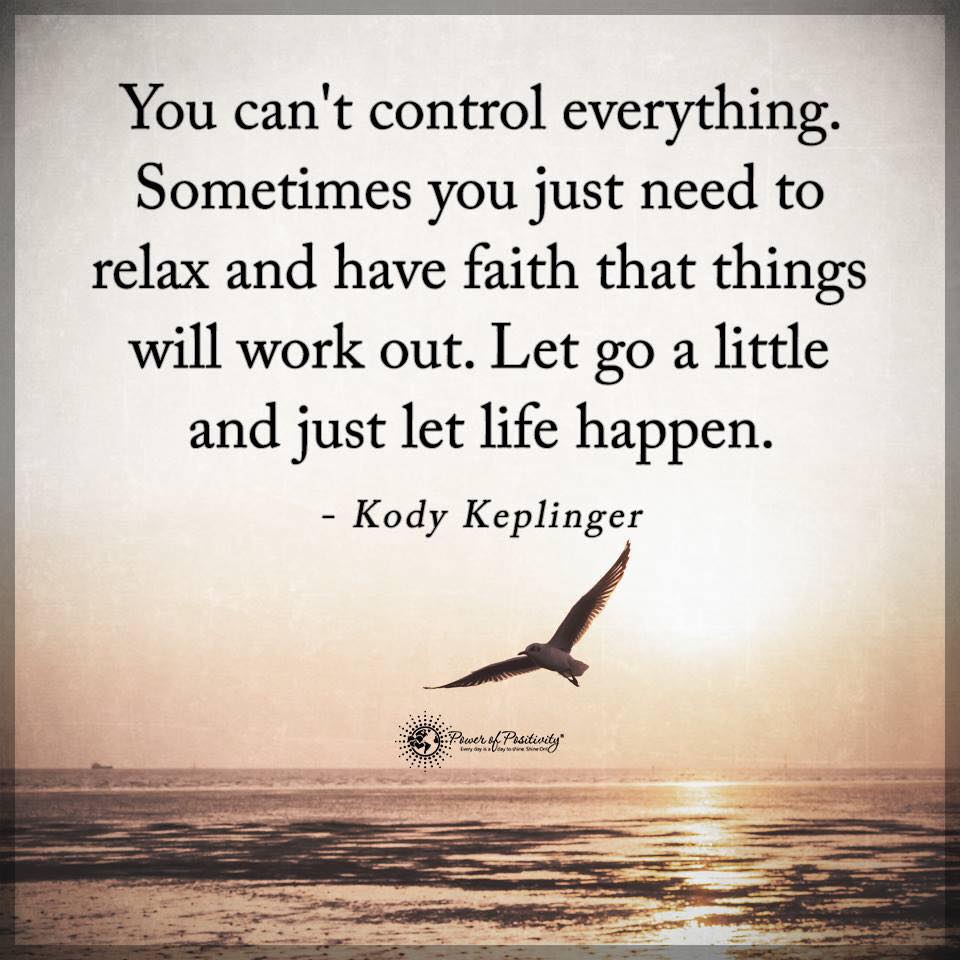Females have flipped the script and may enjoy staying single more than males.
In the realm of societal norms and expectations, singlehood often carries a negative connotation, especially for women. But today, the shoe is on the other foot, with men being less comfortable with being single.
In fact, a study from Mintel’s Single Lifestyles UK Report challenged past stereotypes, revealing that women are generally happier being single than men. This finding underlines the importance of reevaluating our societal perceptions about singlehood and acknowledging the value of independence.
The study shows that most singles are content with their status, with women faring better than men when it comes to embracing singlehood. This shift in perspective is a significant stride towards dismantling the societal stigma associated with being single, which is often equated with loneliness or the lack of a partner.
Why the Shift in Women Being More Comfortable Single Than Men?
Jack Duckett, a Senior Consumer Lifestyles Analyst with Mintel, attributes this trend to the societal shift that has encouraged women to become more independent over the past two decades. This change includes women developing skills traditionally associated with men. Think household maintenance and DIY. Thus, females reduce their reliance on men to help them with those tasks.
On the other hand, men in heterosexual relationships seem to be at a disadvantage. Duckett notes that there is less evidence of men acquiring traditionally feminine skillsets, such as washing, cleaning, and cooking, making it harder for them to live independently. Moreover, women are typically better at creating support groups to discuss their thoughts and feelings, reducing the pressure for a relationship. In contrast, many men struggle to express their thoughts and feelings openly. As a result, it makes singlehood more challenging for males.

Women Celebrate Their Independence
The data from Mintel further highlights that singlehood for women is not a condition to be pitied but celebrated. Sixty-one percent of single women expressed happiness with their status, compared to 49 percent of single men. This finding challenges the societal narrative that often unfairly paints single women as ‘sad spinsters’ while men are glorified with ‘bachelor’ status.
Moreover, the study found that women are less likely to seek a partner actively. Seventy-five percent of single women were not looking for a relationship, compared to 65 percent of single men. This suggests that three out of four women prefer to maintain their independence without the complications of a relationship.
And They’re Not Scared of Being Alone
Interestingly, the study also found that younger singles were more concerned about being alone than older ones. Fifty-four percent of singles in the 18-24 age range worried about being alone. That was compared to only 38 percent of all singles. This data could indicate that as individuals grow older and more confident in themselves, they become less influenced by societal pressures to be in a relationship.
While the study acknowledged some drawbacks to being single, such as financial concerns, it emphasized individuals’ overall satisfaction with their single status. This research underscores the importance of recognizing singlehood as a valid and fulfilling lifestyle choice. After all, being single and content is always preferable to being in an unsatisfactory relationship.
Embracing Singlehood: Additional Reasons Women Celebrate Their Independence

Beyond the findings of the Mintel study, there are numerous other reasons women celebrate their singlehood. These reasons often revolve around personal growth, freedom, and the opportunity to focus on self-care and self-improvement.
- Personal Growth and Self-Discovery: Being single gives women the time and space to focus on personal growth and self-discovery. Without the responsibilities and compromises that come with a relationship, women can explore their interests, passions, and ambitions more freely. This period of self-discovery can lead to a deeper understanding of oneself, fostering personal growth and self-confidence.
- Freedom and Independence: Singlehood often equates to freedom. Women can make decisions without considering a partner’s preferences or needs. This freedom extends to all aspects of life, from minor decisions like what to eat for dinner or what movie to watch to major ones like career choices or relocation for personal or professional reasons.
- Self-Care and Mental Health: Being single allows women to prioritize their mental health and well-being. Without the emotional labor often associated with maintaining a relationship, women can invest more time in self-care activities, such as exercise, meditation, or pursuing hobbies. This focus on mental health can lead to increased happiness and satisfaction with life.
- Financial Independence: Single women have complete control over their finances. They can decide how to spend or save their money without consulting a partner. This financial independence can be empowering, allowing women to make investments, travel, or indulge in experiences or purchases that they value.
- Stronger Social Connections: Without the time commitments of a relationship, single women often have more time to nurture their social connections. Friendships and family relationships can be strengthened during singlehood, providing a strong support network.
- Career Advancement: For some women, being single means having more time and energy to devote to their careers. Without balancing work and a relationship, women can pursue career advancement opportunities, further education, or entrepreneurial ventures more aggressively.
- Self-Sufficiency: Singlehood often necessitates self-sufficiency, which can be incredibly empowering. From managing household chores to dealing with car maintenance or financial planning, being single can help women become more resourceful and independent.
So while society often emphasizes the importance of romantic relationships, it’s crucial to remember that singlehood can also offer significant benefits. For many women, singlehood is not a phase they must endure until they meet their love. Instead, they know this period of life should be celebrated and cherished. The reasons for celebrating singlehood are as diverse as women themselves. They reflect the unique paths and choices that each woman makes in her journey of life.
Final Thoughts on Why Women Are Happier Single Than Men
It is time for society to acknowledge and respect the choice of individuals who prefer the single life. The joy of singlehood is real and we must celebrate it not stigmatize it. As more people embrace their single status, societal perceptions will shift. As a result, the pressure to conform to traditional relationship norms will lessen.

